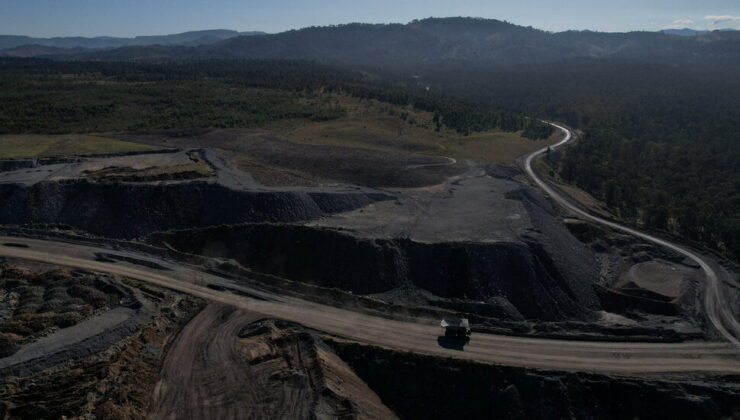

Few voters have as much influence over climate change as those in Australia. Among democratic nations, only the United States and Canada rival Australia in terms of per capita greenhouse gas emissions. Additionally, Australia is a major exporter of fossil fuels, selling large quantities of coal — the most polluting fossil fuel — and natural gas to countries across Asia.
As the nation approaches its national elections on Saturday, surveys indicate that climate change may not be a top priority for many voters. However, the leading candidates from the Labor Party and the Liberal-National Coalition present significantly different strategies regarding climate and energy policies.
A key issue is the country’s dependence on an aging array of coal-fired power stations for electricity generation. “Even if climate change weren’t a factor, this fleet requires decommissioning,” said Andrew Macintosh, a professor of environmental law and policy at the Australian National University. “Labor proposes accelerating the adoption of renewable energy, while the conservative coalition advocates for nuclear power.”
Both strategies aim to reduce emissions, Mr. Macintosh noted, though the nuclear proposal has puzzled many experts. Nuclear power plants can take over ten years to establish, whereas renewable energy solutions can be implemented within months.
“Sustaining coal operations for additional years would be both costly and environmentally harmful,” he added.
OTOMOBİL
15 saat önceTÜKETİCİ KÖŞESİ
21 saat önceTÜKETİCİ KÖŞESİ
21 saat önceSİGORTA
2 gün önceOTOMOBİL
4 gün önceSİGORTA
5 gün önceSİGORTA
5 gün önceSİGORTA
6 gün önceSİGORTA
6 gün önceBİLGİ
7 gün önce 1
DJI Mini 5: A Leap Forward in Drone Technology
20639 kez okundu
1
DJI Mini 5: A Leap Forward in Drone Technology
20639 kez okundu
 2
xAI’s Grok Chatbot Introduces Memory Feature to Rival ChatGPT and Google Gemini
14599 kez okundu
2
xAI’s Grok Chatbot Introduces Memory Feature to Rival ChatGPT and Google Gemini
14599 kez okundu
 3
7 Essential Foods for Optimal Brain Health
13292 kez okundu
3
7 Essential Foods for Optimal Brain Health
13292 kez okundu
 4
Elon Musk’s Father: “Admiring Putin is Only Natural”
13126 kez okundu
4
Elon Musk’s Father: “Admiring Putin is Only Natural”
13126 kez okundu
 5
Minnesota’s Proposed Lifeline Auto Insurance Program
11029 kez okundu
5
Minnesota’s Proposed Lifeline Auto Insurance Program
11029 kez okundu
Sigorta Güncel Sigorta Şikayet Güvence Haber Hasar Onarım Insurance News Ajans Sigorta Sigorta Kampanya Sigorta Ajansı Sigorta Sondakika Insurance News